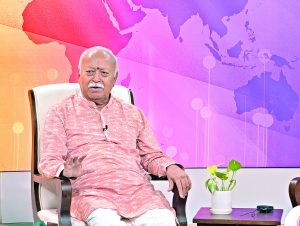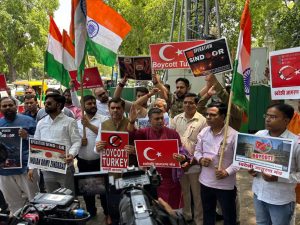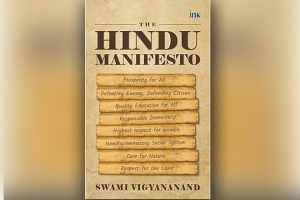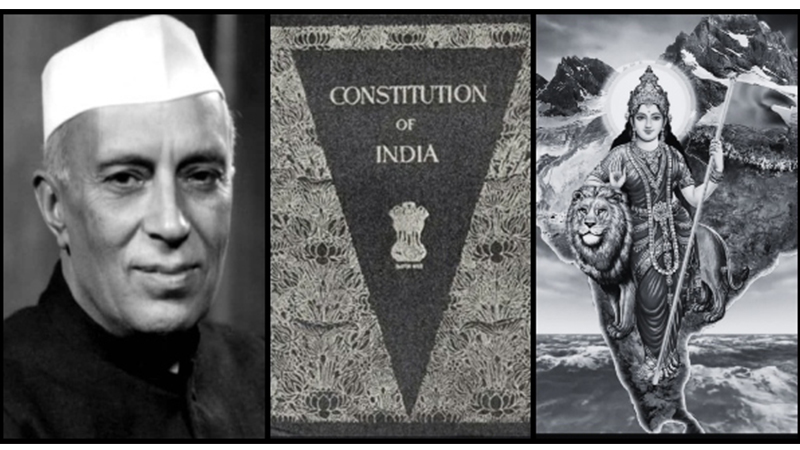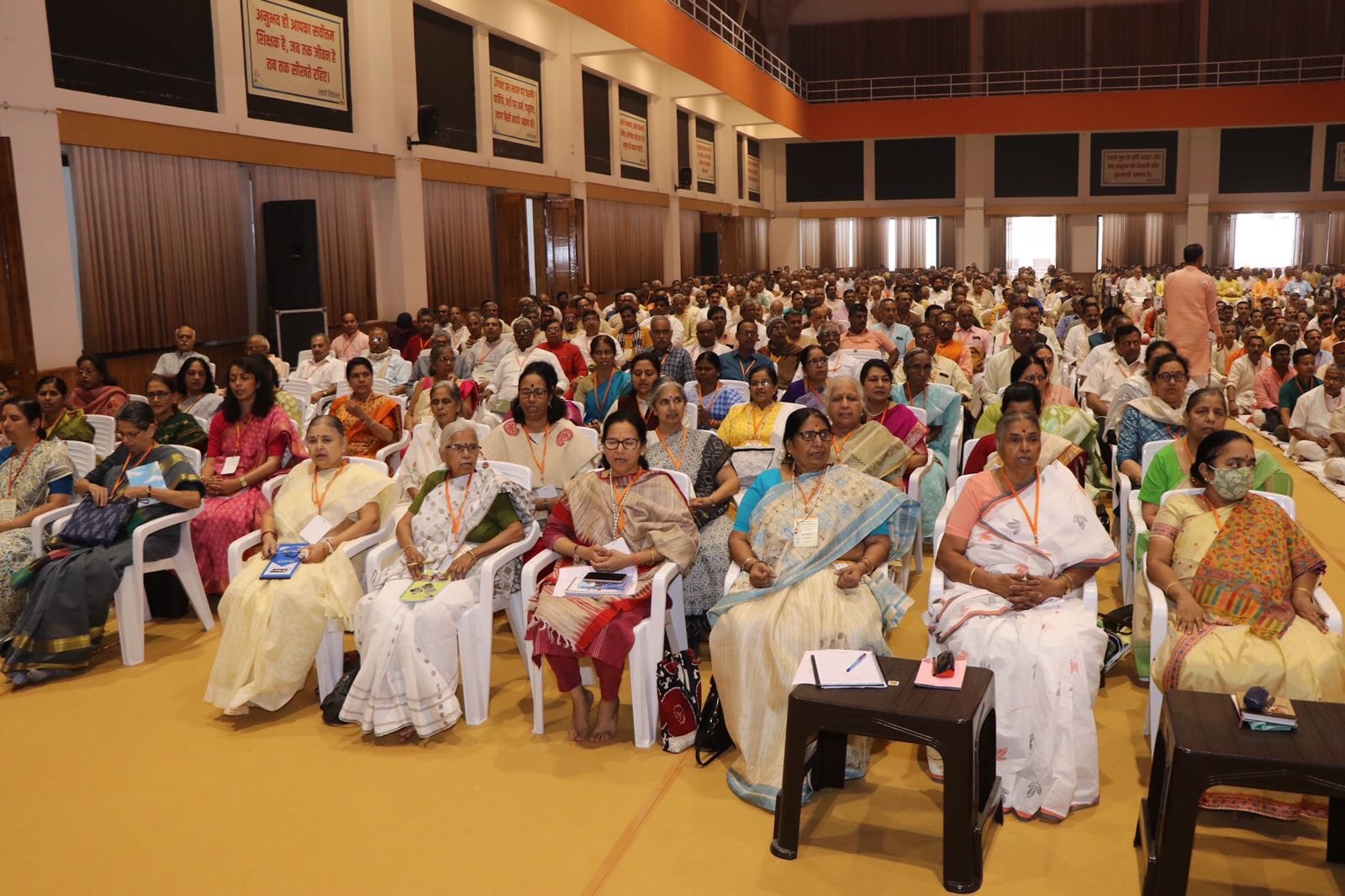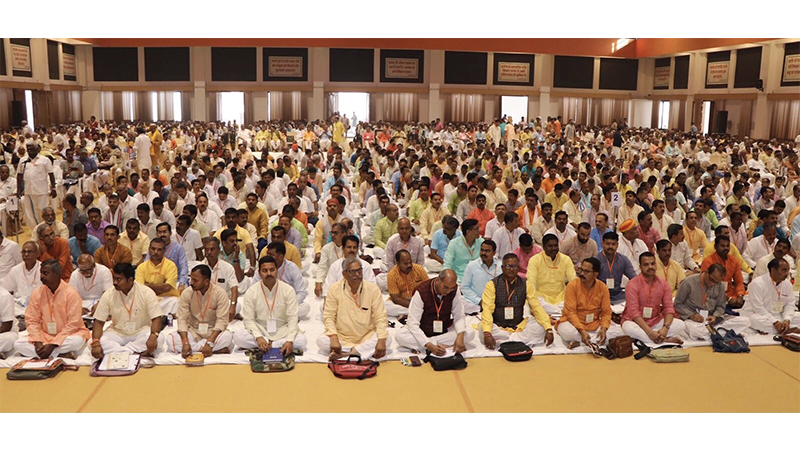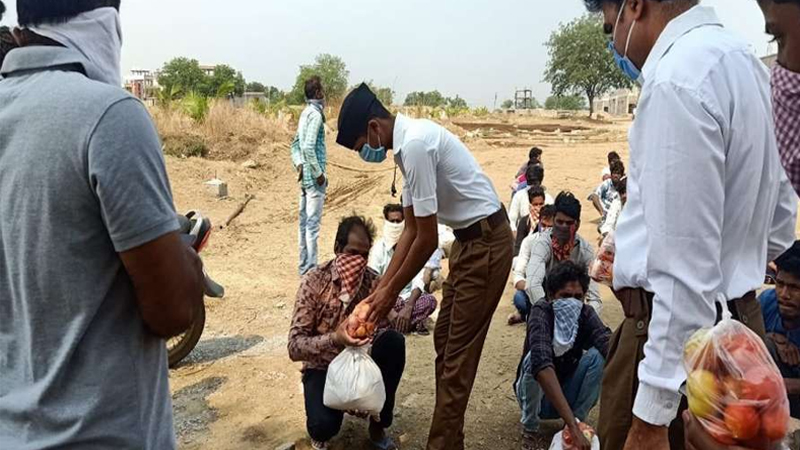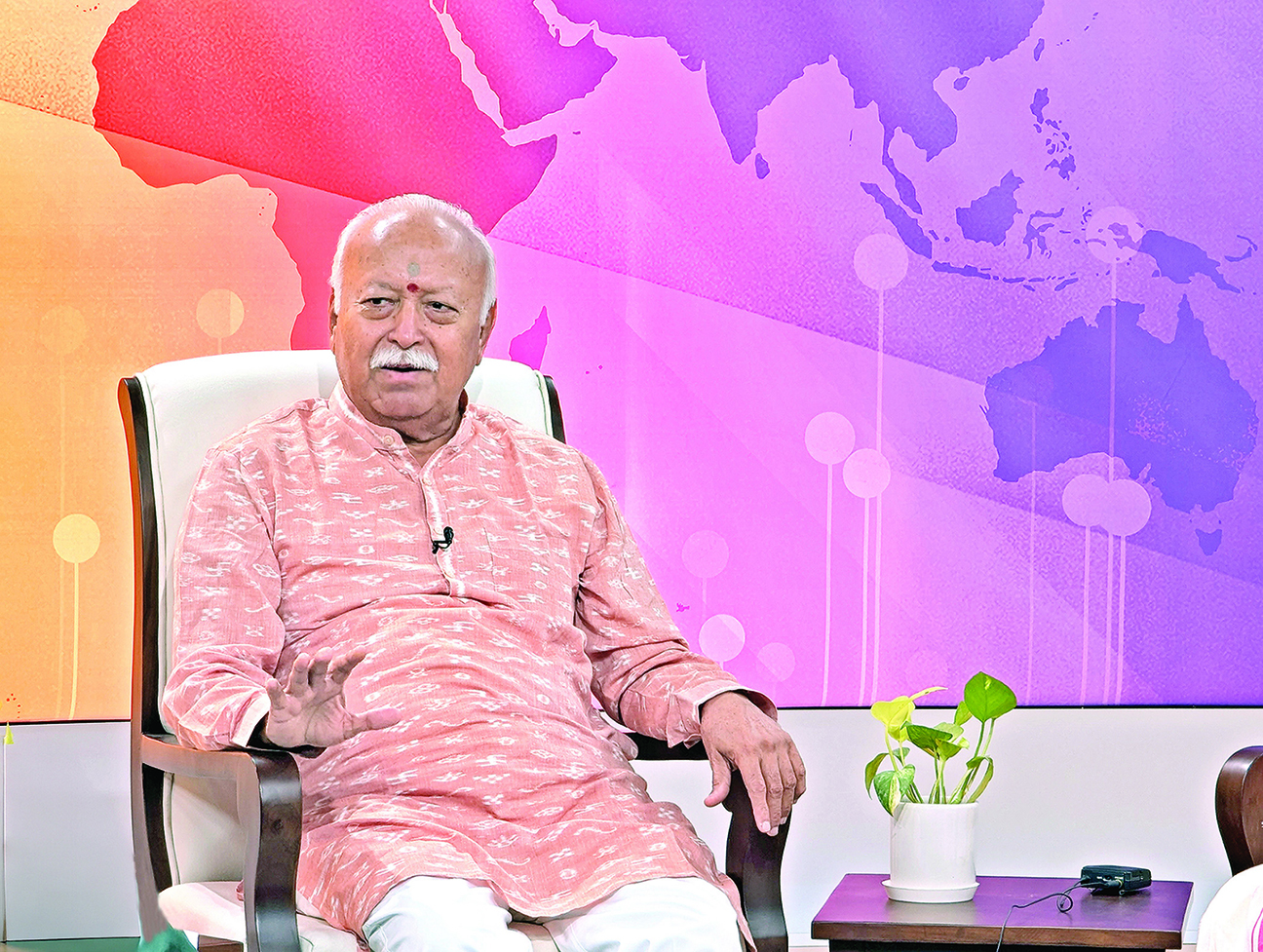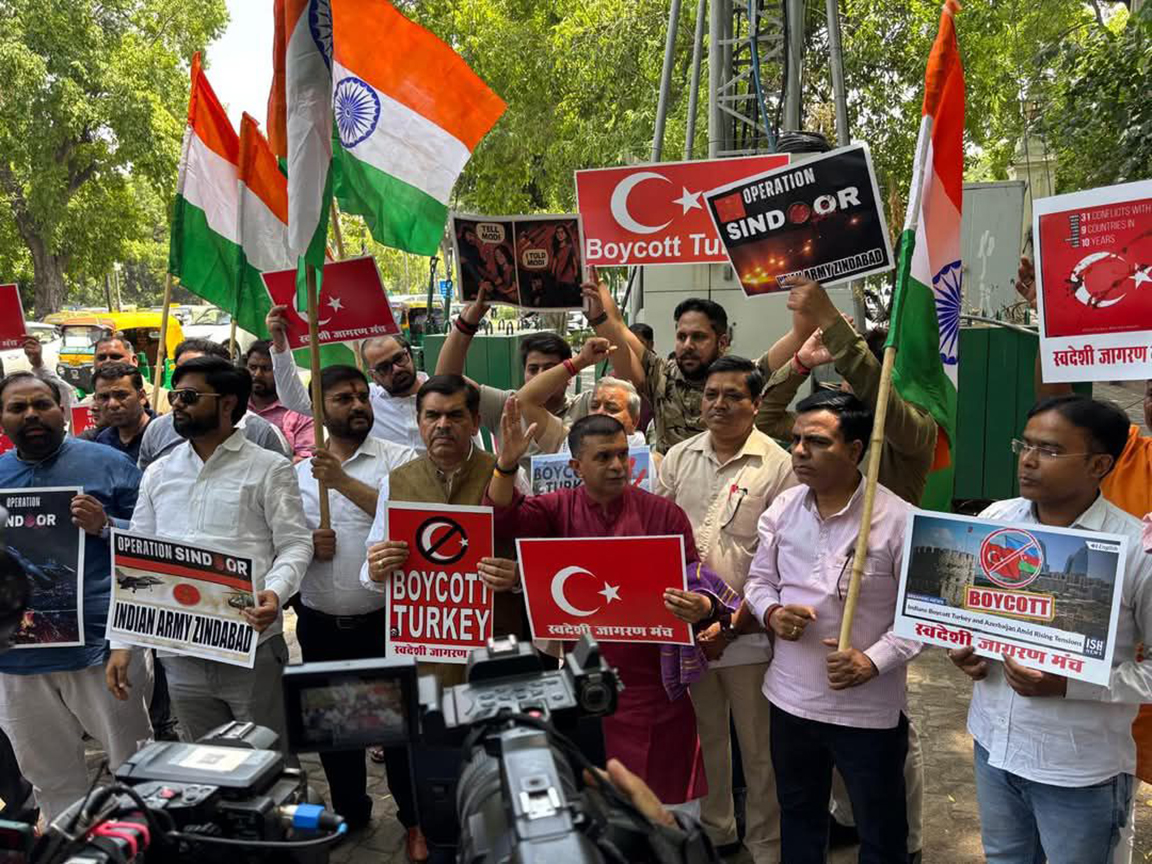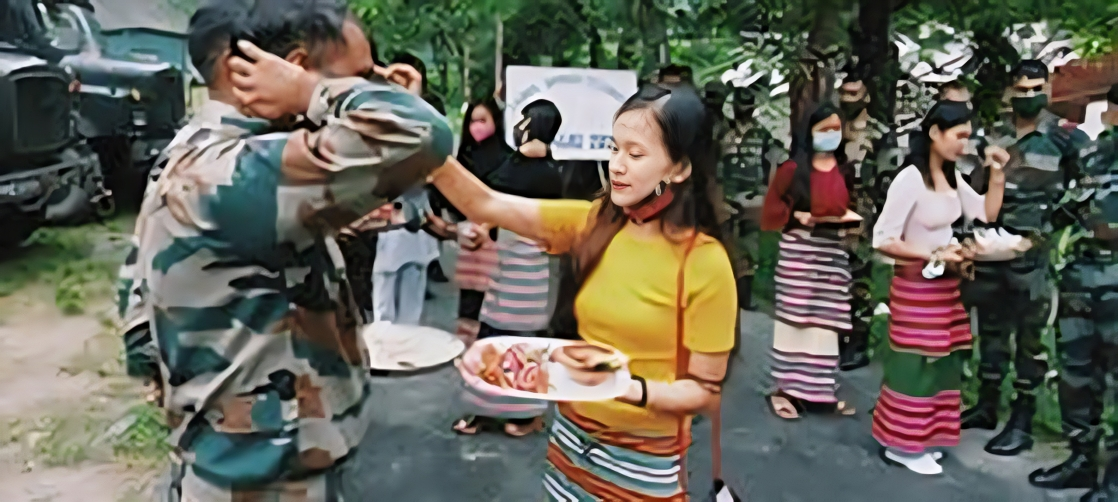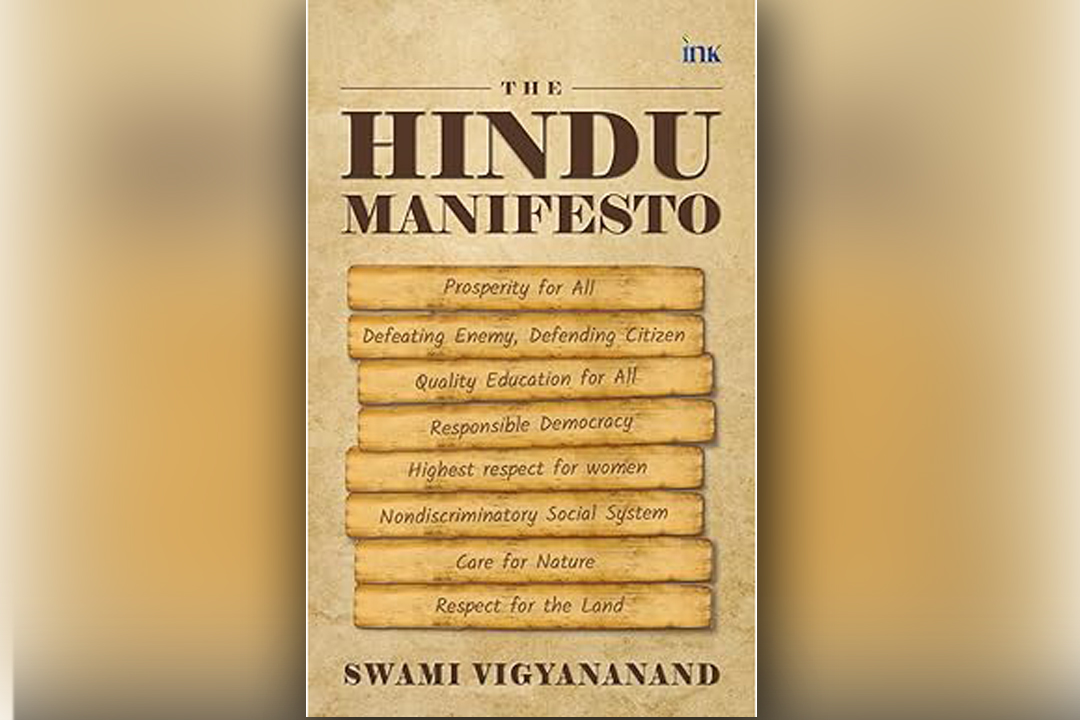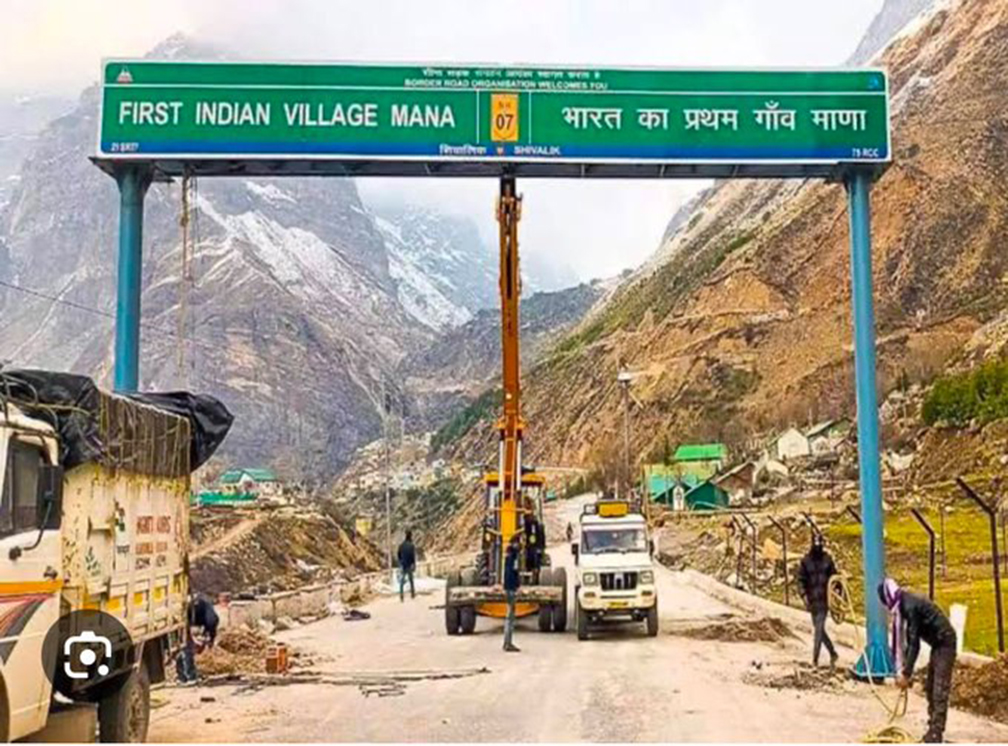RSS and Mahatma Gandhi’s Assassination
Updated: April 7, 2023 11:28
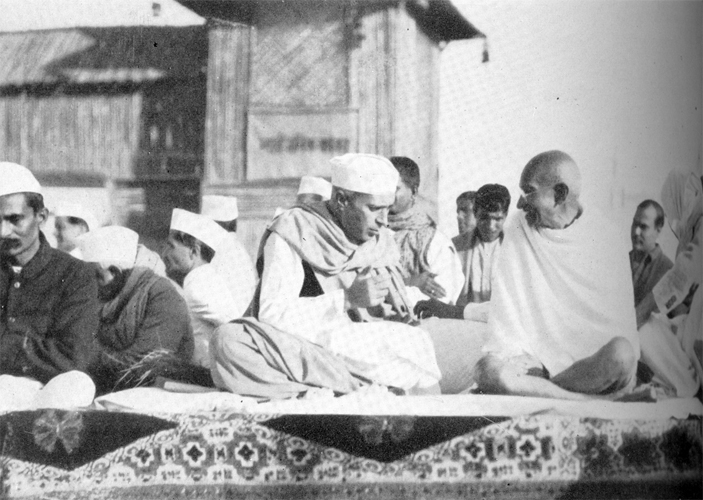
Que: What was the RSS’ role in Mahatma Gandhi’s Assassination?
Ans: One of the most frequently asked question regarding RSS is that what was its role in Mahatma Gandhi’s assassination. Mahatma Gandhi that is Mohandas Karamchand Gandhi was a leading light of the Indian Freedom movement.
It is repeatedly mentioned in research documents as well as commentaries by many academicians especially in Europe and US that the RSS was banned because of its involvement in the assassination of Mahatma Gandhi.
So let us take a look at some key facts about Mahatma’s assassination and the ban on the RSS.
Mahatma Gandhi was assassinated in New Delhi on 30 January 1948. The RSS at that time was headed by the second sarsanghchalak of the RSS, M.S. Golwalkar. The day Mahatma Gandhi was assassinated, Golwalkar was in Chennai. As soon as he came to know about this shocking incident, he immediately passed instructions to all the RSS shakhas.
Shakha is a hindi word. It broadly means branch. The RSS volunteers gather locally everyday. They train for physical, intellectual and spiritual growth for an hour every day. This gathering is known as an RSS Shakha.
Coming back to our main topic, this is the instruction given by Golwalkar to all RSS Shakhas.
“To express our grief due to the sad demise of respected Mahatmaji, shakhas will observe a condolence period for 13 days and all daily programmes will be put on hold,” the instruction stated.
A section of Congress Party, which was worried about the growing popularity of the RSS, saw an opportunity to finish off the organisation. The then Prime Minister, Pandit Jawahar Lal Nehru, declared in Amritsar without having any evidence, “RSS is responsible for the murder of the Father of the Nation.” Guruji, as Golwalkar was popularly known, was arrested on second February and the RSS was banned on fourth February, 1948 through a central government notification.
Dwarika Prasad Mishra, a veteran Congress leader, who was the Home Minister of Central Provinces at that time, writes in his autobiography, Living in An Era, “That Mahatma Gandhi’s assassination gave a handle to unscrupulous politicians to defame and, if possible, to pull down their rivals is difficult to deny.”
In fact, not even a single charge sheet was filed against any RSS volunteer. The ban on the RSS was lifted on 12 July, 1949. A month after the assassination of Mahatma, Union Home Minister, Sardar Patel wrote to Nehru, “I have kept myself almost in daily touch with the progress of the investigations regarding Bapu’s assassination case. All the main accused have given long and detailed statements of their activities. It also clearly emerges from the statements that the RSS was not involved in it at all.”
Sardar Patel in another letter to Golwalkar said, “Only the people near me know as to how happy I was when the ban on Sangh was lifted. I wish you all the best.’
In 1969 Justice J.L. Kapur Commission report clearly said RSS had no role to play in Gandhi’s assassination.
For More details, please visit the ‘Articles’ section of this website.
